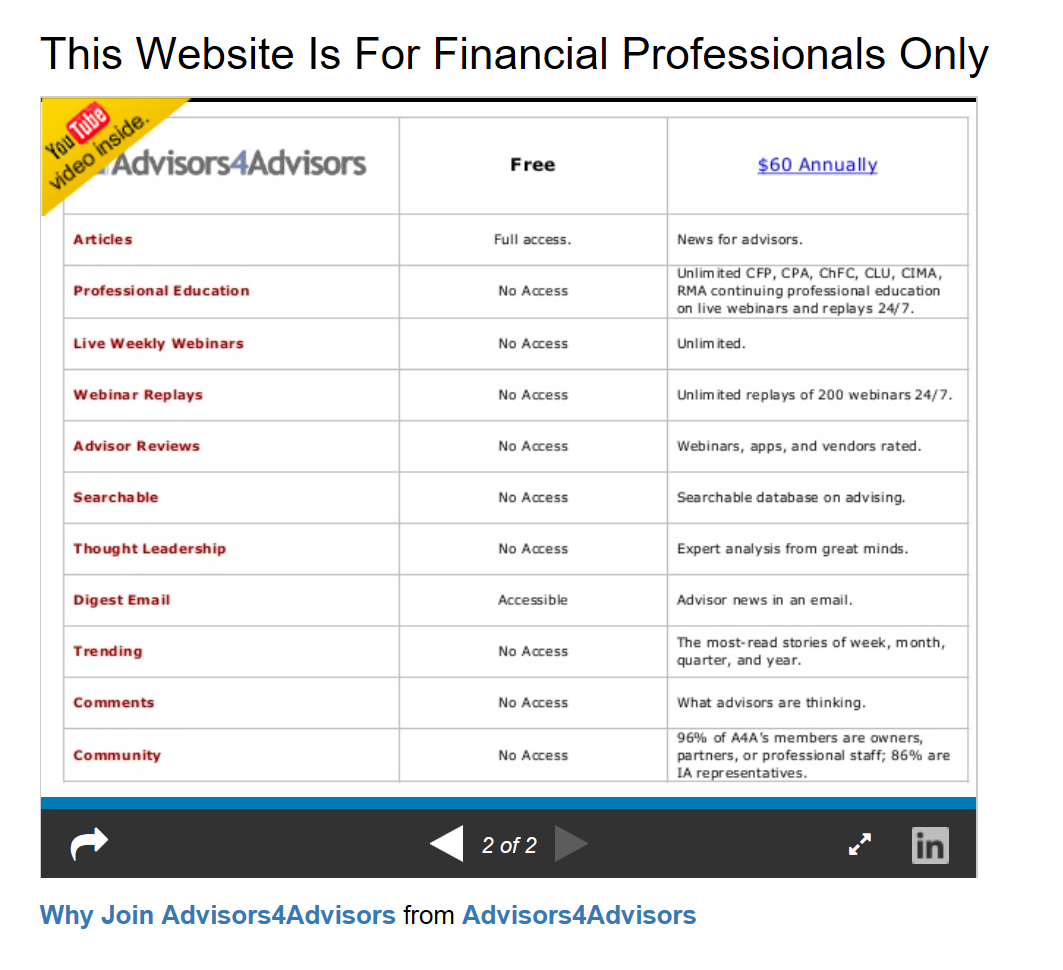Who Owns The Client? Shedding Light On A Critical Issue That Arises When Switching Broker-Dealers Hot
Write Review
Many registered reps have employment agreements that contain provisions describing in detail the different types of client data that their current firms consider confidential or trade secrets, and they assume that, because the firm claims ownership of the client data, that their BDs owns the clients.
This is simply inaccurate.
When it comes to who owns a client, the answer is: NOBODY.
When it comes to who owns a client, the answer is: NOBODY.
While, depending on the terms of your agreement with your firm, you may have a stronger or weaker basis to claim the right to retain client data upon your departure, clients themselves are free to come or go as they choose.
Borrowing lingo from the medical profession, FINRA has made clear that it disapproves of efforts to claim ownership of clients, because these kinds of disputes can disrupt “continuity of care” for retail customers during representatives’ transitions.
FINRA’s predecessor NASD issued Interpretative Material 2110-7 NASD. which prohibited firms from interfering with the transfer of customer accounts in employment dispute situations. The notice advised that, even where a registered representative may have an employment contract that restricts them from taking firm records with them when they resign or that restricts them from soliciting their firm’s customers for business, those clients are free to choose to decide to follow the representative and transfer their securities accounts to the rep’s new firm.
Specifically, NASD determined that it is a violation of just and equitable principles of trade for member firms interfere with a customer's account transfer—including seeking a temporary restraining order from a court to prevent the customer from transferring the account.
If you have a non-solicit in your employment (or independent contractor) agreement, NASD IM 2110-7 isn’t a “get out of jail free” card. Particularly if you are not leaving a Broker Protocol shop, your firm can still try to enforce restrictive covenants to prevent you from soliciting customers and bring legal action against you if you violate your contract.
However, 2110-07 means that, once your client has advised your old firm that he or she wants to transfer their accounts to follow you, the firm cannot prevent the client from following you or try to interfere with that process once the client has given notice of intent to transfer their account.
Of course, whether you and your new firm may have to negotiate a settlement with your former employer to avoid litigation is another matter.
This Website Is For Financial Professionals Only
User reviews
There are no user reviews for this listing.









